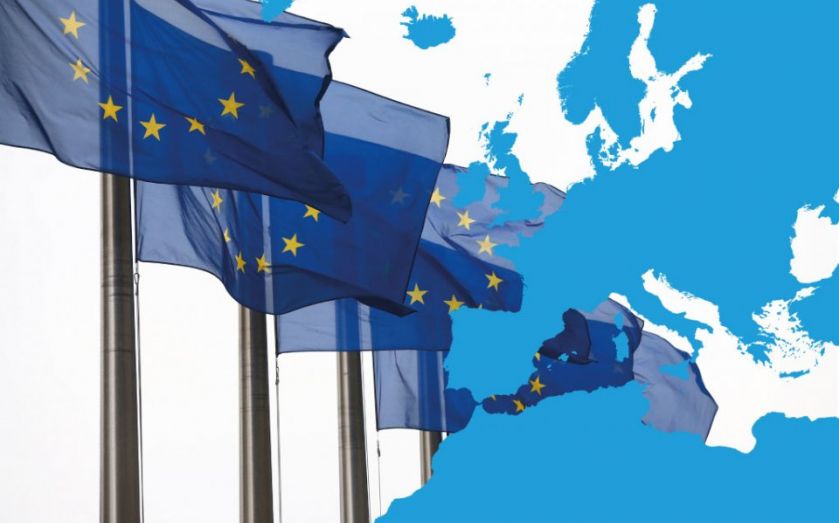How coalitions dominate Europe: David Cameron’s majority makes UK one of only three single party governments

The UK may have what David Cameron would describe as a “strong and stable government”, led by one majority party, but the rest of the EU looks quite different.
Of the 28 countries in the EU, only the UK, Malta, and Spain have single parties in power, with the others being led by coalitions.
Some governments, such as Angela Merkel’s in Germany and Francois Hollande’s in France, have coalitions where the senior party is so strong that popular perception is that it rules alone.
France
Francois Hollande, the French President is often found in opinion polls to be the least popular in the nation’s history. Nevertheless, his party is the dominant force in the coalition with the Green party and he won the election handily. Remaining in power when the country goes to the polls in 2017 will be much harder with the polarising Nicolas Sarkozy preparing to run again.
Germany
Angela Merkel, often cited as the most powerful leader in Europe, is the head of the Christian Democratic Union, the senior party in a coalition. She came close to a majority in the 2013 election gaining 72 more seats than 2009, but fell five seats short of a majority, forcing her into a grand coalition with the SPD party.
The map makes no distinction between the degrees to which governments are left or right wing. Coalition governments are coloured by the political ideology of the senior coalition partner.

Spain
Spain became a democracy in 1982 (the year the Spanish Socialist Workers' Party (PSOE) won the first election) after a dictatorship lasting back to the end of the Spanish Civil War in 1939. Since the transition, a single party has won every election. Spain has an election later this year and neither of the two main parties – the conservative Partido Popular and the socialist PSOE – is polling well. Podemos, a new populist anti-establishment party whose name means “we can” gained huge initial support in polls, but has faded slightly more recently.
Italy
Italy is ruled by a coalition of parties headed by the Democratic Party's Matteo Renzi. Renzi was not initially the leader of the centre-left-led coalition, with Encrico Letta being the first prime minister. Letta lost the support of his party and then resigned, opening the way for Renzi who received a vote of confidence from parliament. The current executive cabinet is made up of ministers from four parties: the Democratic Party (10 cabinet members), New Centre Right (2) and the Union of the Centre (1). There are also four independents.
Silvio Burlusconi, one of the most polarising figures in European politics, was initially involved in the coalition. However, he withdrew his support and created a new party, Forza Italia.